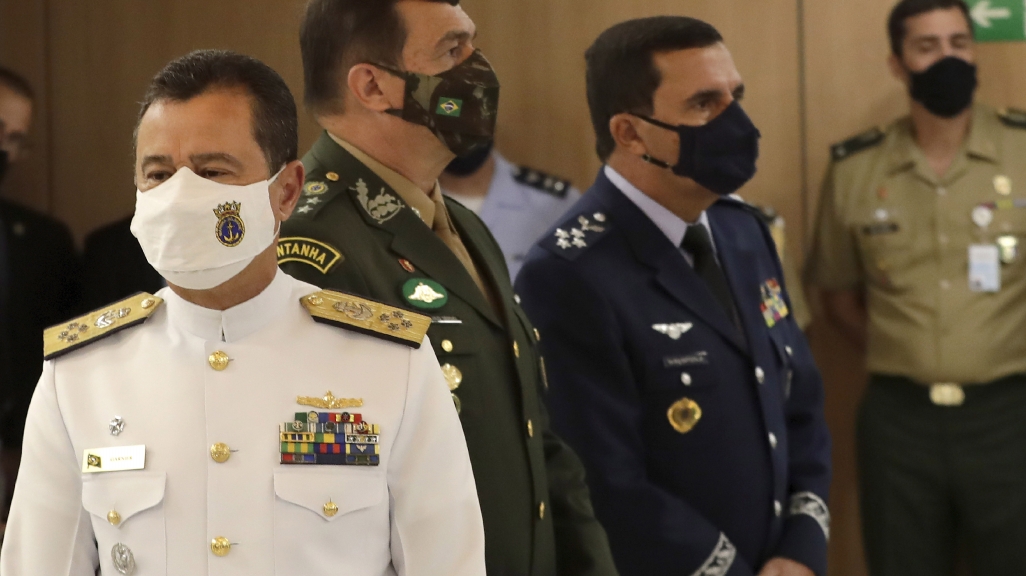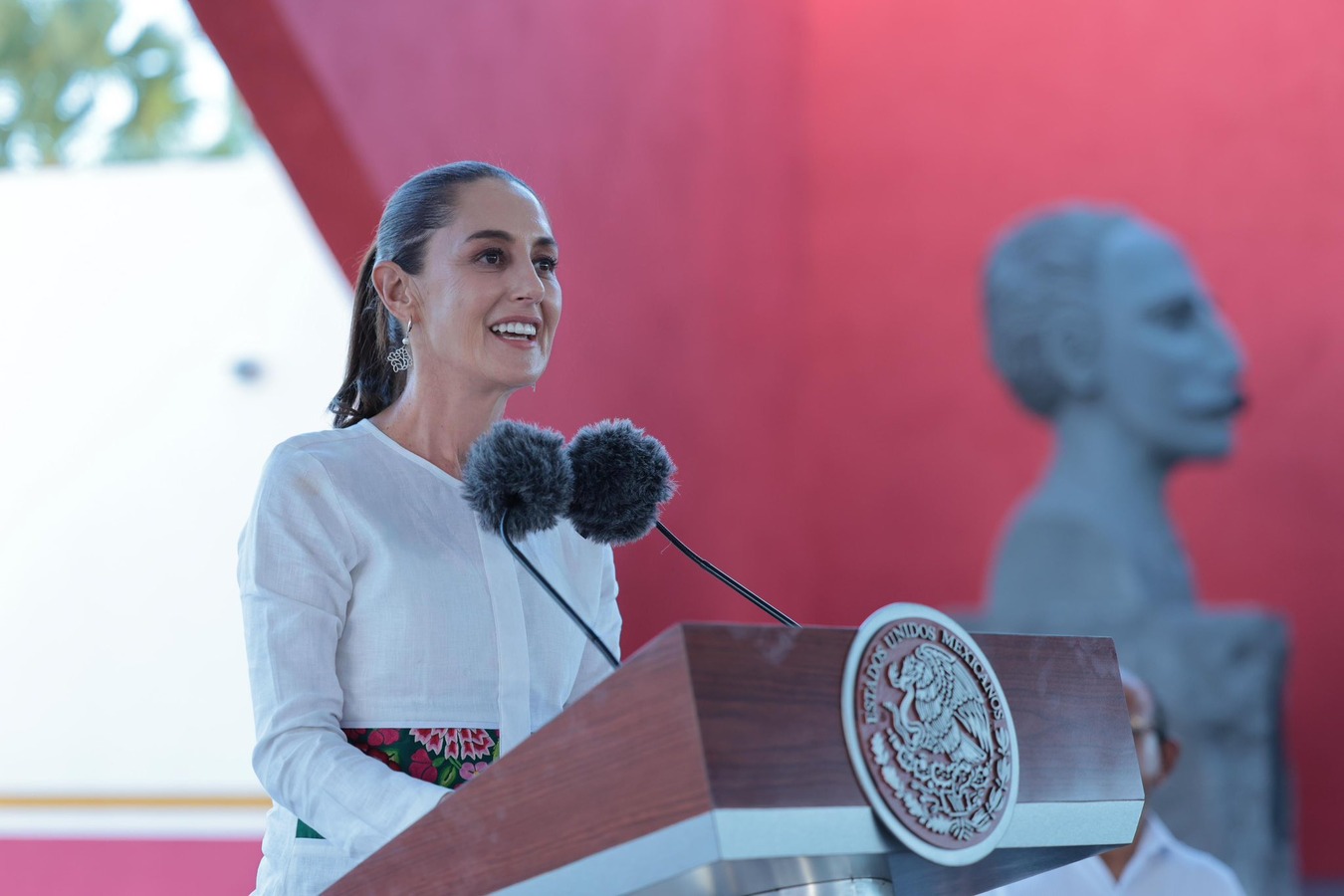Who's Who in Brazil's Cabinet and Military Reshuffle
Who's Who in Brazil's Cabinet and Military Reshuffle
In a dramatic game of musical chairs, the country saw ministers and top brass replaced. AS/COA Online looks at who will take over these high-ranking roles.
The pandemic is battering Brazil, delivering tragically high death counts, overwhelming hospitals, and, this week, sparking political turbulence. On March 29, President Jair Bolsonaro replaced more than a quarter of his cabinet when he swapped out six of 22 ministers, including in the key ministries of foreign relations, defense, and justice. Following this reshuffle, the government revealed on March 30 that the heads of the Army, Air Force, and the Navy had also exited their posts. Replacements were named a day later.
Amid a vaccine rollout and the P.1 variant fueling contagion, the government is looking to provide another round of emergency aid.
Besieged by COVID-19 and a suddenly threatening Congress, Brazil’s president tries to protect himself.










